The keto diet does indeed allow the usage of coconut oil. Extra virgin, cold-pressed, or natural coconut oil is great for the ketogenic diet as it includes little carbs and a lot of good fats.
Due to its claimed health benefits, coconut oil and coconuts have grown in popularity recently. The trend is being fueled by famous amends for coconut oils, which claim the trial:
- Get rid of tummy fat.
- Reduce hunger.
- Strengthen the immune function.
- Protect yourself against cardiovascular disease.
- Keep dementia at bay.

Due to increasing customer demands for plant-based cuisine and the rich flavour and delicate nutty flavour of coconut oil, coconut oil has become a preferred fat source.
The keto diet: what is it?
The low-carbohydrate, high-fat keto, also referred to as the "keto" diet, has been utilised for millennia to cure a variety of illnesses.
In the nineteenth century, the keto diet was often used to treat diabetes. It was initially reported as an effective epilepsy treatment in kids who were not reacting to conventional medications in 1920. The ketogenic diet is also studied in the treatment of Alzheimer's disease, diabetes, polycystic ovary syndrome, and cancer in conditions under strict supervision.
A very low-carb, high-protein diet, that was a smash hit and elevated low-carb diets to a new level of acclaim. has transformed this diet into a possible weight strategy that is gaining a lot of attention.
Other low-carb eating programs at the moment include the Paleolithic, and Dukan diets, each of which stress tiny amounts of fat and substantial protein intake. The keto, in contrast, distinguishes out due to its extremely fat, which varies from 60 to 80 percent, despite a minimal protein intake.
Processed vs. unprocessed coconut oil:
The two main types of coconut oil that are accessible in stores are:
- Refined.
- Unrefined.

Coconut oil that has been processed has been deodorised and colour-bleached. This type of coconut oil usually combines sodium hydroxide to enhance life span. A typical process in the synthesis of refined coconut oil is the extraction of oil using chemical solvent.
Refined coconut oil only has the benefit of heating at higher temperatures than unrefined coconut oil, which has a cloud point of 350°F as compared to 450°F.
Coconut oil that hasn't been refined has a stronger aroma.
Is coconut oil allowed on the keto diet?
Coconut oil suits the ketogenic diet quite well. Being pure fat, it can assist you in meeting your higher fat consumption needs without adding extra carbs.
Saturated fats are yet another element of coconut oil, the most of which are medium-chain triglycerides (MCTs), a kind of fat that may aid fat loss.
Despite following the ketogenic diet, if you eat more calories than you burn, you will not lose weight. Also, if you're adopting a ketogenic diet in the Mediterranean style, emphasis on more mono- and polyunsaturated fats like those contained in olive, almonds, and seed. Usually, use this oil in moderation.
Uses:
Coconut oil is ideal for frying and baking.
Remember that natural coconut oil has a slight coconut aroma that might alter how your meal tastes. Try refined coconut oil for a taste that is more neutral.
As coconut oil is only thought of as fat and has no carbs, it's a great choice for the ketogenic diet. The high calorie content must be noted, though, if you're attempting to lose weight.
Summary:
The ketogenic diet works the best with coconut oil as a cooking oil. It has MCTs, which might boost fat loss.
Olive oil and avocado oils are some more healthy keto-friendly oils.
No matter what, you must limit your oil usage to maintain your calorie consumption in line, particularly if you're on the ketogenic diet to lose weight and rely mostly on unsaturated fats from the whole foods like seeds, avocado, and nuts.


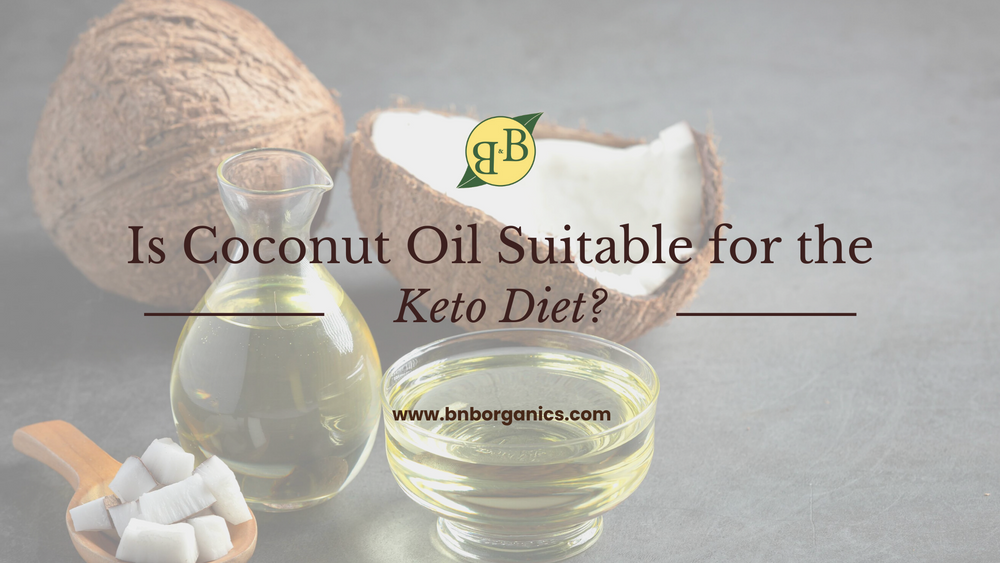


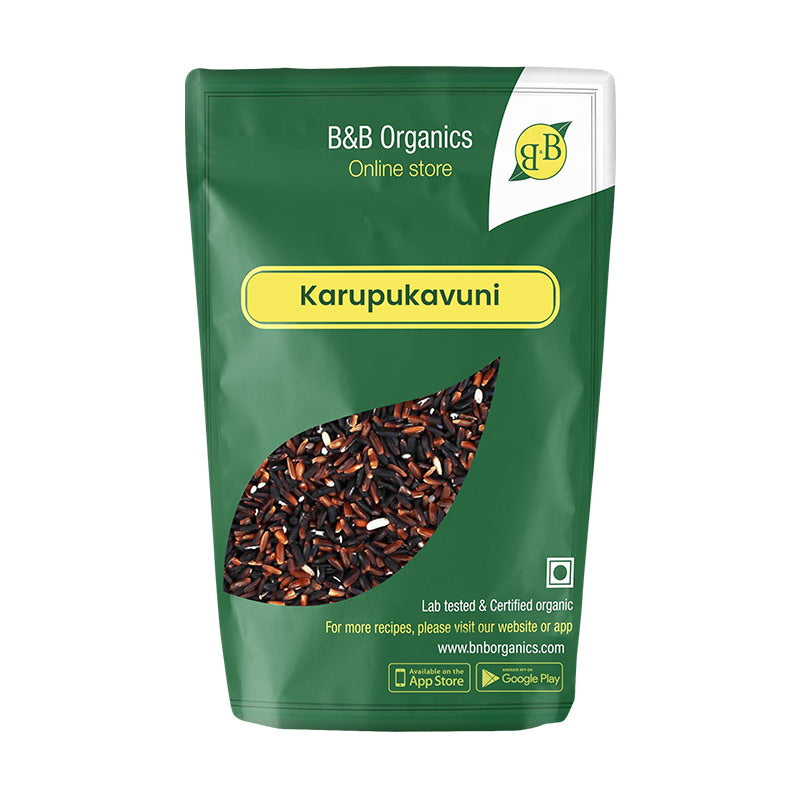
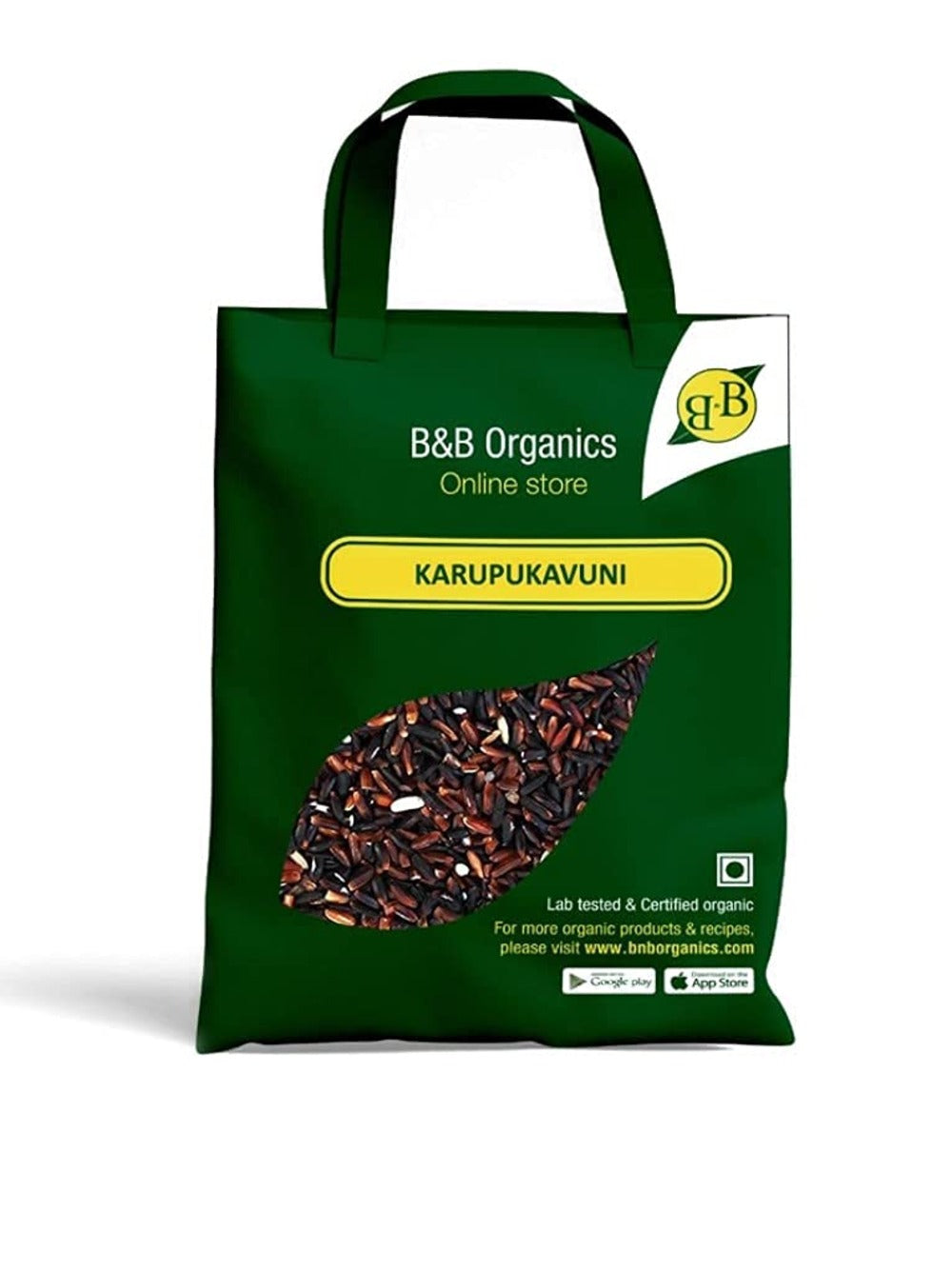
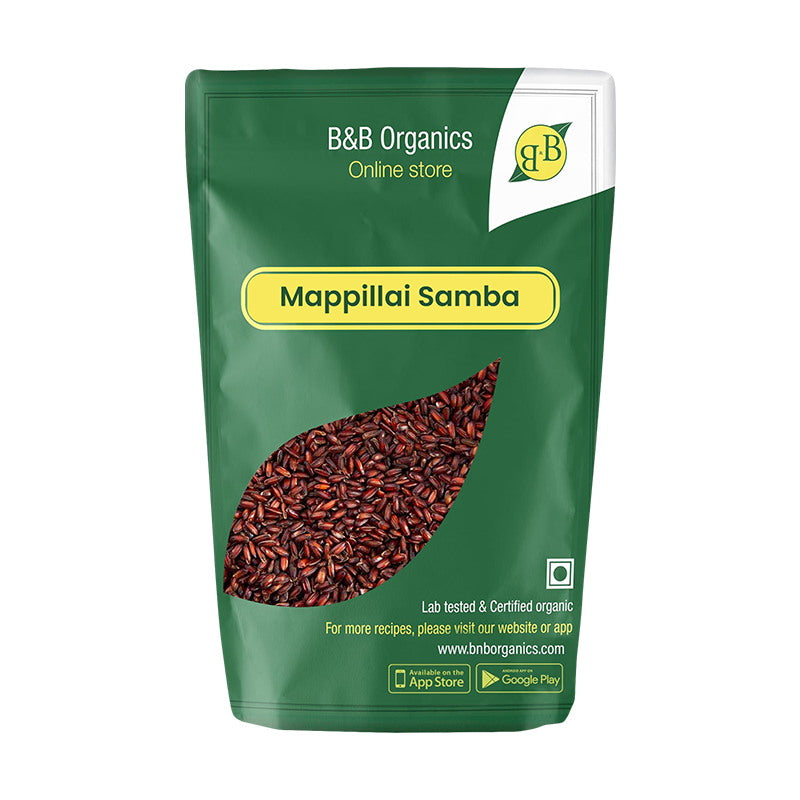
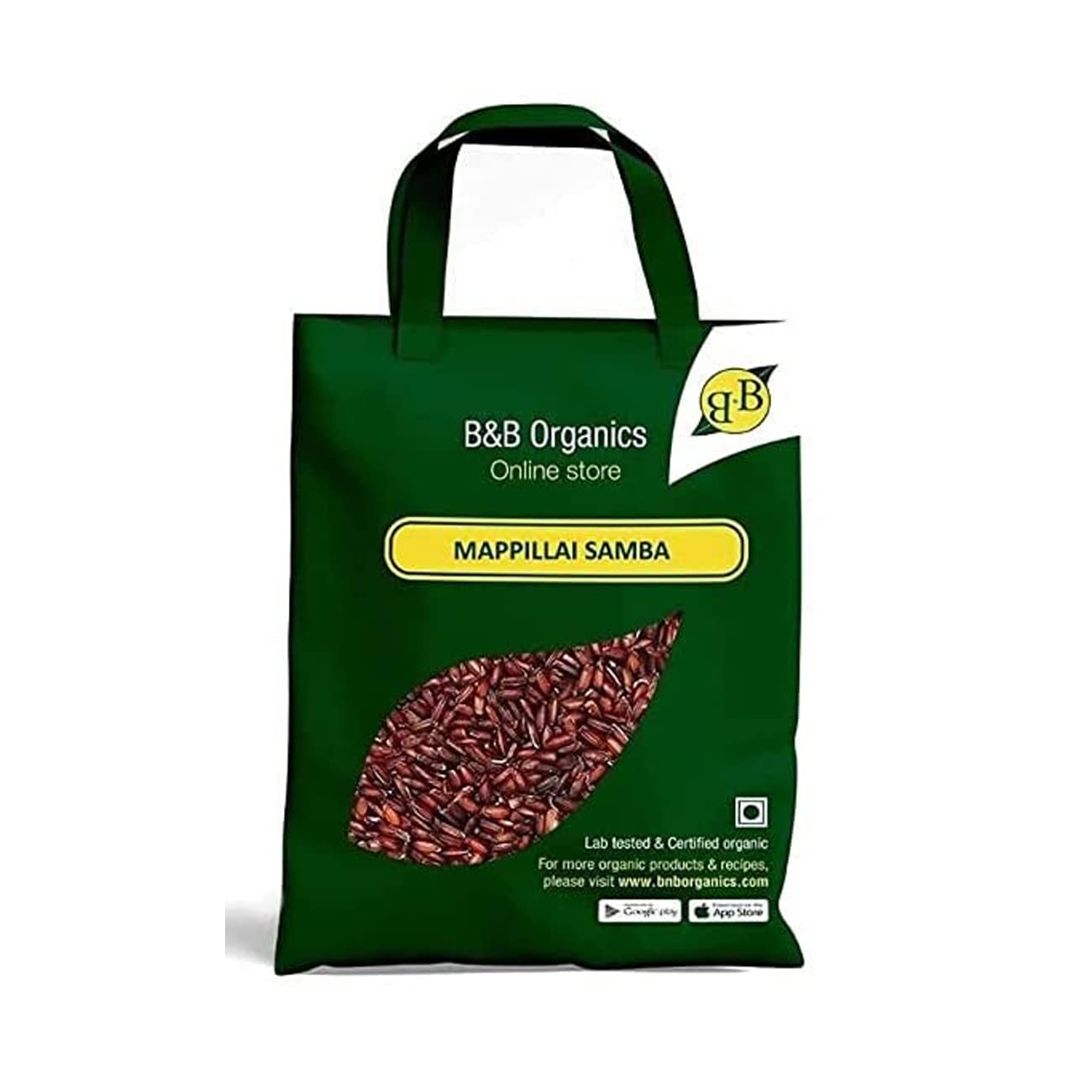
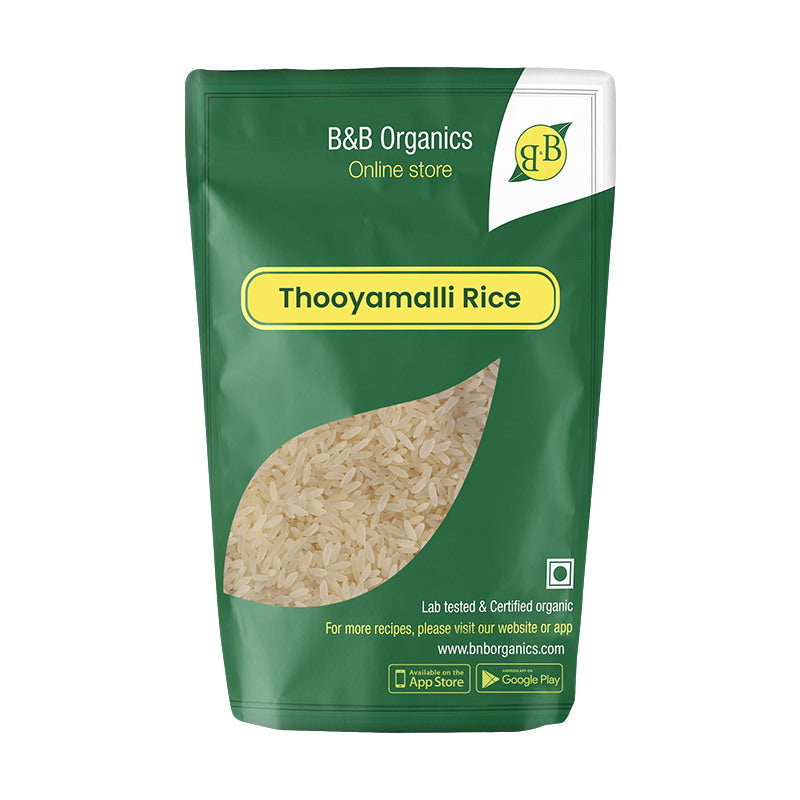
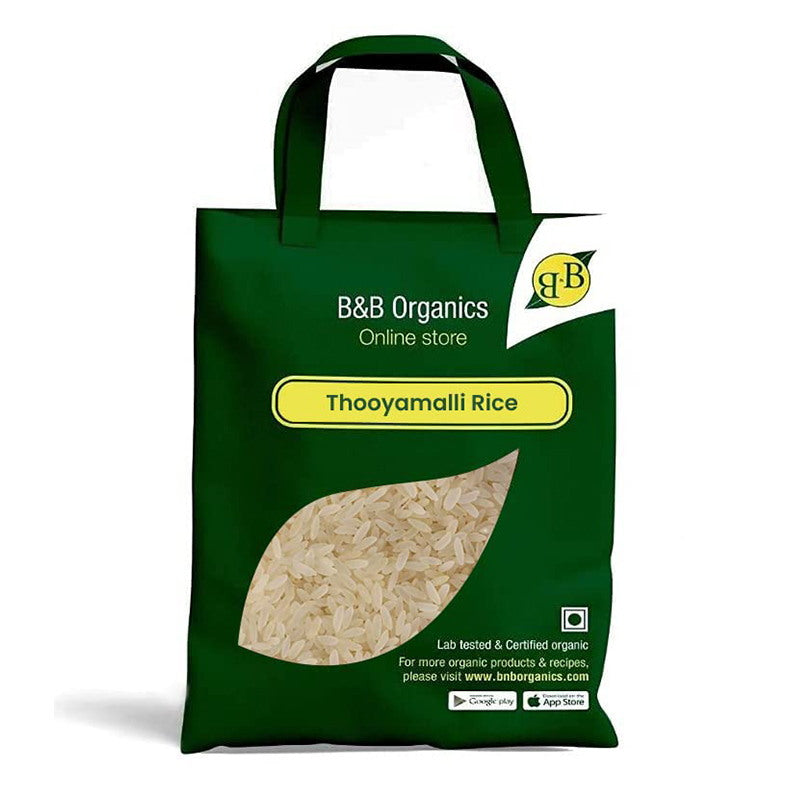
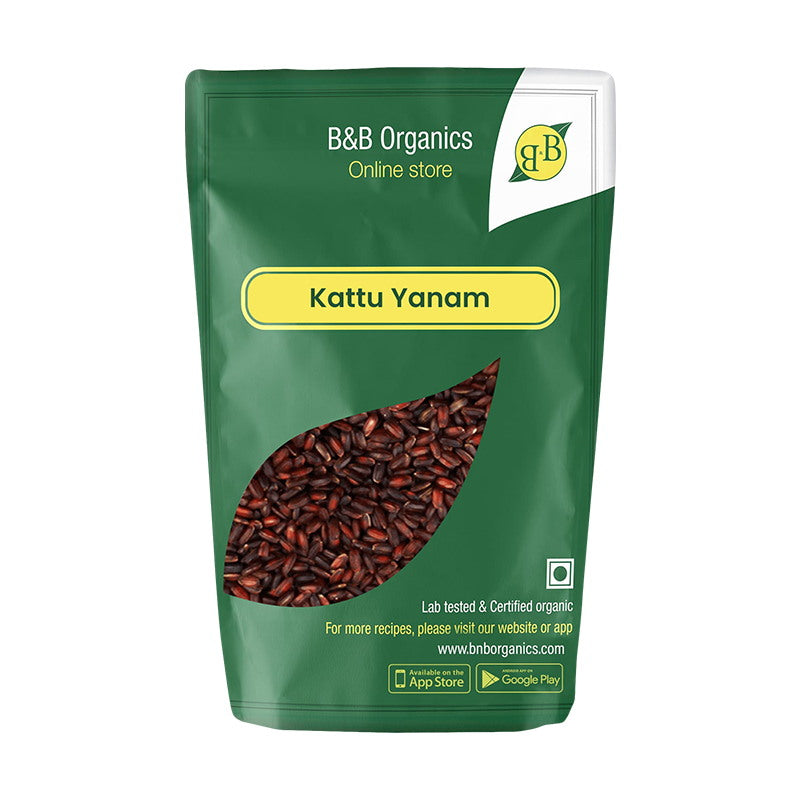
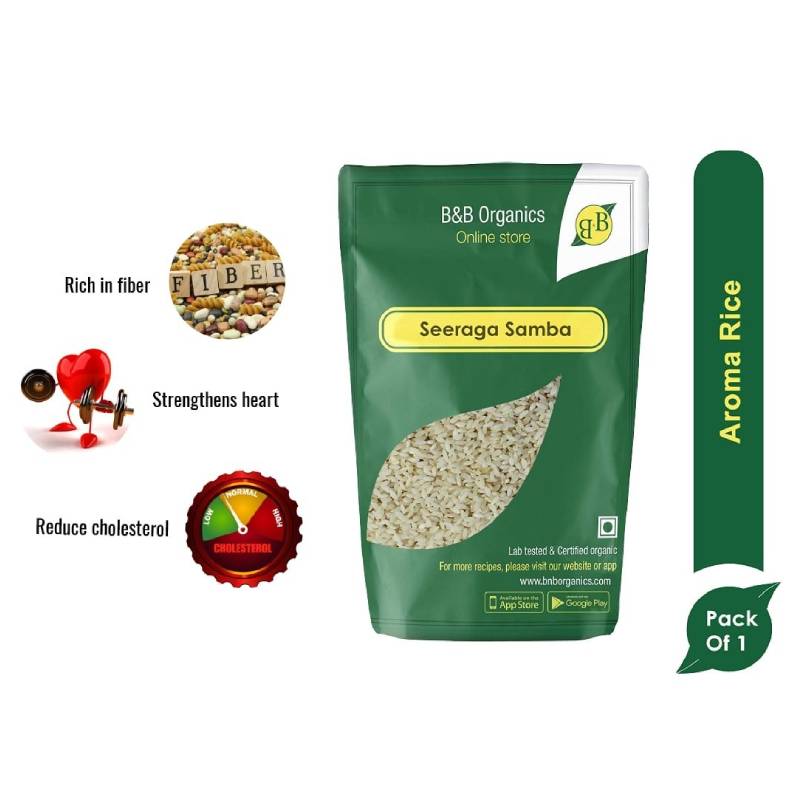
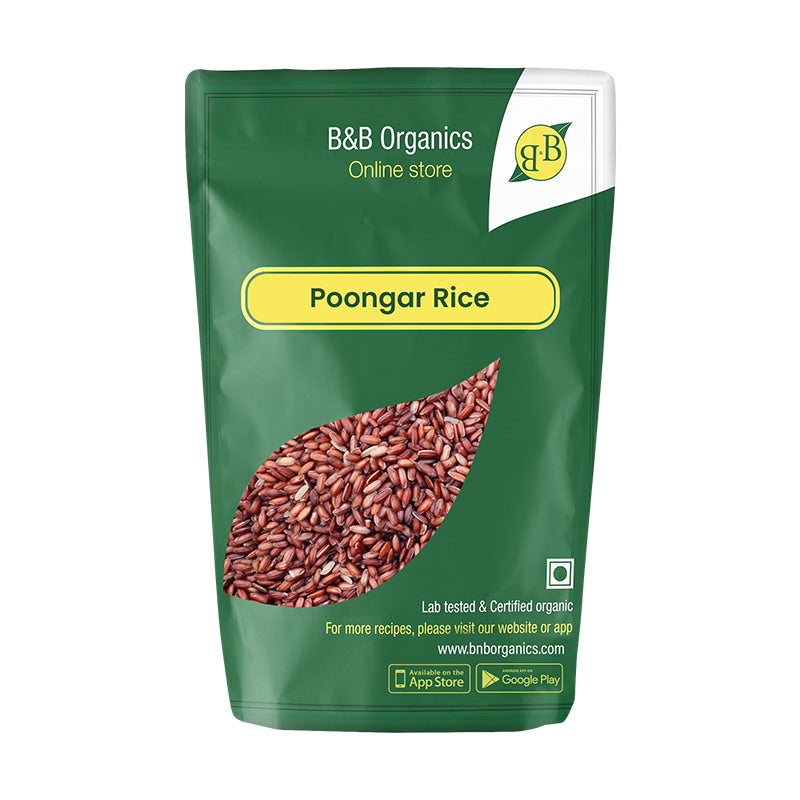
1 comment
Thank you for sharing this informative article. It will really help us.